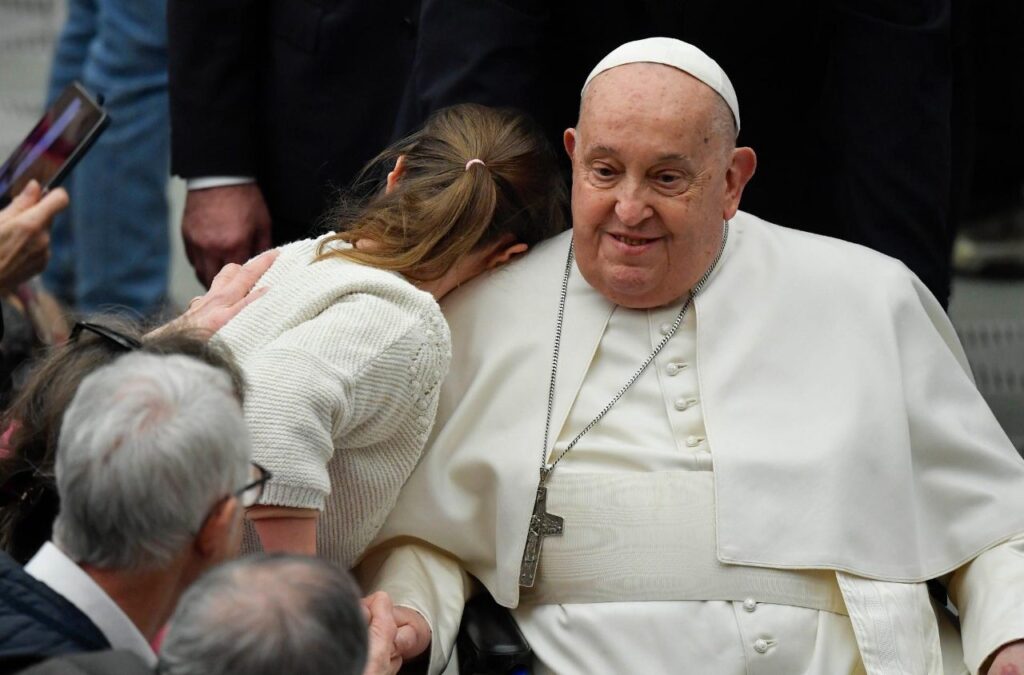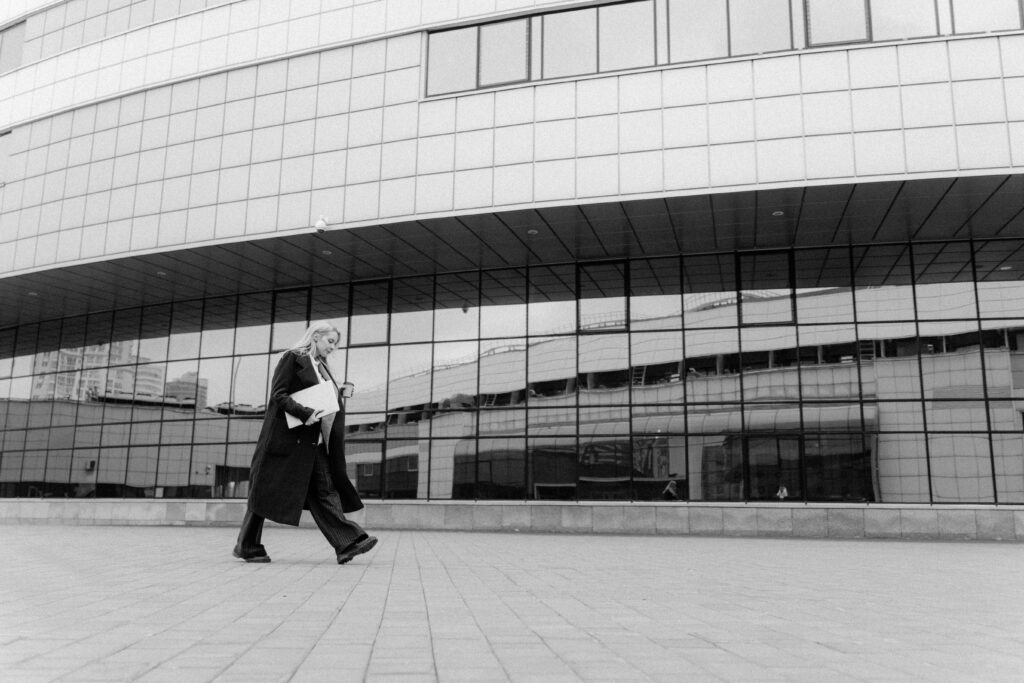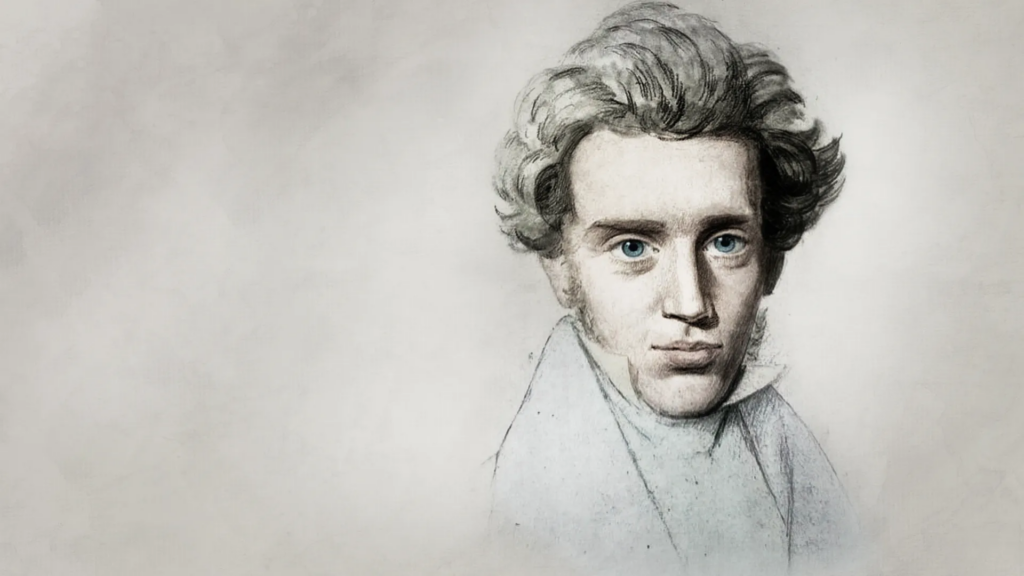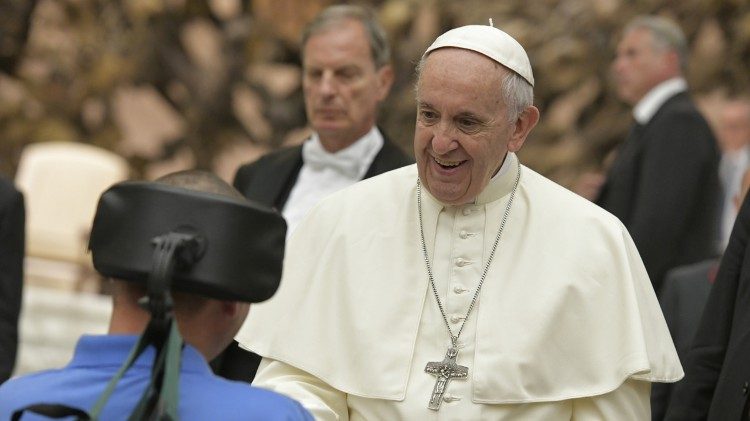The Revolution of Tenderness
Pope Francis's most profound legacy is not measured in documents, but in the transformation of the heart: a Church that learns to look, listen, and touch with tenderness

For Pope Francis, God has three attitudes: closeness, mercy, and tenderness. The latter, above all, was the banner that Francis raised during these twelve years of his pontificate, thus establishing a true revolution that, more than an armed, frontal, and exhausting struggle, was a revolution of the heart with profound implications for the way we view reality. Francis’s revolution was not so much doctrinal as pastoral, and precisely for this reason, it did not depend on forms or canons, but on the metanoia of feeling the Risen Lord close and present in each person’s life.
For Francis, tenderness is: “a movement that proceeds from the heart and reaches the eyes, the ears, the hands. Tenderness is using the eyes to see the other, using the ears to listen to the other, to hear the cry of the little ones, of the poor, of those who fear the future; listening also to the silent cry of our common home, the polluted and sick earth. Tenderness consists in using the hands and the heart to caress the other. To care for them.”[1]
For the Bishop of Rome, true change in faith lies in how we live it, in such a way that it comes from the depth of the personal relationship with the Father who wants to transmit His love to all His creatures, but the only way to achieve this is through the experience of feeling deeply loved by Him. Only those who know they are loved can love because they have known love.
Francis felt deeply loved by God, and only in this way was he able to transmit that gaze to others, which not only makes them feel welcomed but also invites them to spread the love they have experienced. Thus, from person to person, love is contagious.
In all his gestures, attitudes, words, thoughts, reflections, etc., Pope Francis strove to care for others, building bridges with them: without imposing, he sowed; without trampling, he accompanied, and without speaking, he listened. Francis’s legacy, among many others, is tenderness. This becomes a perfect anchor for establishing the Gospel, because Jesus also practiced it and transmitted it to the people with whom he lived, saints and sinners alike, good and not so good, women and apostles alike.
Francis, like Jesus, was imbued with the Father’s love, which allowed him to see others as brothers and sisters, without judging, without criticizing, without seeking to understand them, much less change them. Therefore, with patience and wisdom, Pope Francis taught us to see like Jesus. His life was an open book on how we should be like Christ, because that is what the life of faith consists of, above all, the life of faith. The latter is not an intellectual treatise or a gnoseological legacy, but a living experience that is strengthened in times of tribulation and lived profoundly in silence and perplexity.
Perhaps for this reason, Pope Francis asked to be buried next to the statue of Our Lady of Good Health in the Basilica of Saint Mary Major, because the ultimate example of tenderness is found in the mother of Jesus: Mary.
Francis rests today, together with Mary, who embraces him with the tenderness he always sought for others. He must be credited with one of the greatest reforms of our Church, which is not explicitly stated, but which is so significant that it laid the foundations for a different Church to which we all belong. A Church of light and shadow, but marked, from now on and forever, by the revolution of tenderness that Francis left us.
Ma. Elizabeth de los Ríos Uriarte. Research Professor, Faculty of Bioethics, Anáhuac University, Mexico
***
[1] Cf. Sansón, Sebastián. “In a Book, the Pope’s Teachings on Tenderness.” At: https://www.vaticannews.va/es/papa/news/2023-03/libro-papa-francisco-ternura-dios-aniversario-pontificado.html#:~:text=La%20ternura%20es%20usar%20los,la%20tierra%20contaminada%20y%20enferma. Last consulted: April 24, 2025.
Related

Reversing Social Deterioration: A Task That Begins in Business Management
Alejandro Fontana
25 April, 2025
4 min

His Hope Does Not Die!
Mario J. Paredes
24 April, 2025
6 min

The Religious Writer with a Fighting Heart
Francisco Bobadilla
24 April, 2025
4 min

Francis. The Human and Religious Imprint of a Papacy
Isabel Orellana
24 April, 2025
5 min
 (EN)
(EN)
 (ES)
(ES)
 (IT)
(IT)

